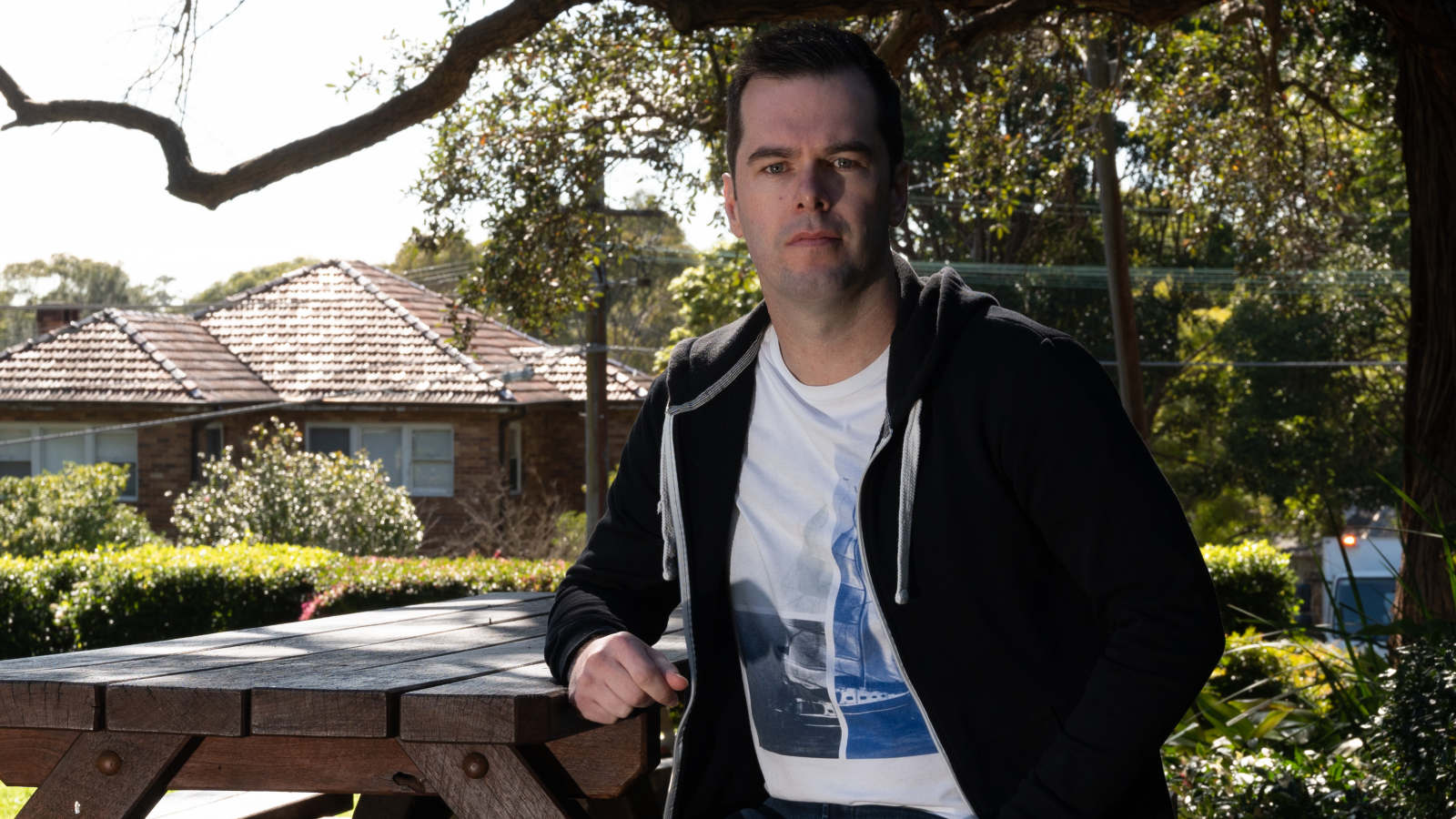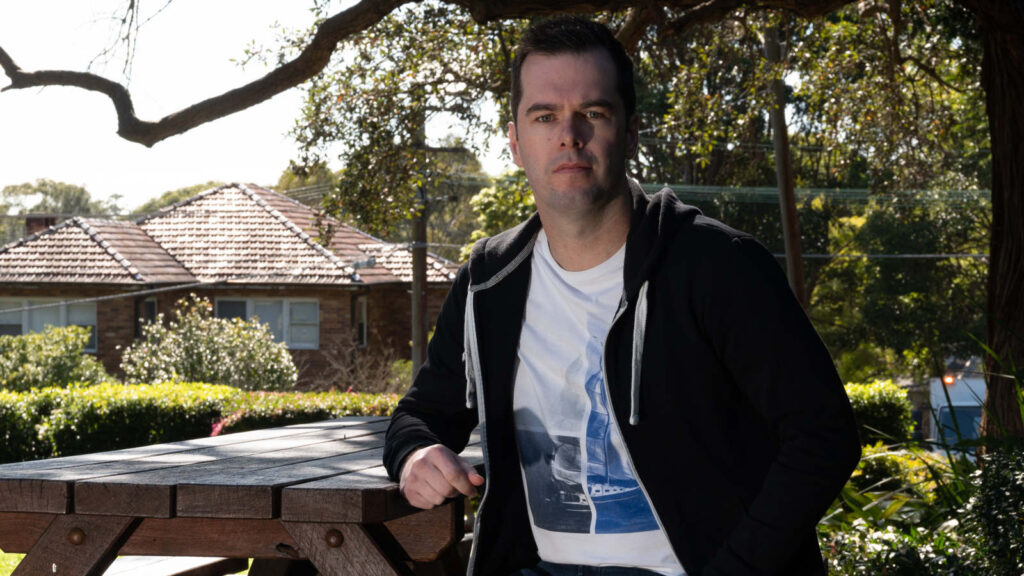Bid to make gambling companies liable for stolen money

Federal Independent MP Andrew Wilkie will introduce a bill to Parliament on Monday to make gambling companies liable if the person placing the bet is using stolen money.
Under the legislation, if a bettor has paid for a gambling service using money they obtained illegally, the Federal Court could order the gambling company to compensate the victim of the original crime. The “Making Gambling Businesses Accountable” bill, which amends the Anti-Money Laundering and Counter-Terrorism Financing Act, uses the same definition of “stolen property” as the Criminal Code.
Centre Alliance MP Rebekha Sharkie will second the bill and Mr Wilkie’s team believes the crossbench is largely supportive. He is yet to discuss it with the Coalition or Labor.
Mr Wilkie said people with gambling addiction were regularly jailed for stealing or fraud motivated by desperation to fuel their addiction, yet betting companies were not responsible in the same way a pawnbroker is liable if they sell stolen goods.
“We must have a legal mechanism in place that ensures stolen money is returned to victims by gambling companies if the gambling companies are ordered to do so by a court of law,” Mr Wilkie said. “Gambling companies cannot be allowed to profit from the proceeds of crime.”
The bill would place the onus on gambling companies to report to AUSTRAC, the government’s financial crime agency, if they have reason to suspect a person is paying for a gambling service with money they have obtained illegally.
RELATED ARTICLE
‘It’s like a drug dealer handing out free heroin’: VIP gambling promos still fuelling addiction
Research published in the Journal of Gambling Studies has found three out of five people being treated for gambling addiction admitted to stealing money to fund their gambling at least once. Gambling addiction is formally recognised as a mental disorder in Australia.
Lauren Levin, director of policy and campaigns at Financial Counselling Australia, said the bill was important and similar laws already operated in other countries, such as Britain.
“It seems so wrong that a gambling company can turn a blind eye to accepting criminally funded gambling and the victims are the ones that really have no rights and suffer a lot of harm,” she said.
“The little guy ends up going to jail and the [gambling] companies get to keep the money. No one ever looks at the behaviour of the gambling company in allowing the person to bet a sum of money that should have raised flags.”
Ms Levin welcomed the fact the proposed laws would sit within the anti-money laundering regime because it would send a strong signal to the gambling companies that they can’t ignore the issue. “AUSTRAC is a serious regulator with very big penalties at its disposal,” she said.
However, Ms Levin said the bill would not cover cases where the gambler steals money from family members by using their credit cards for online gambling, but the victims choose not to report it as a crime. “It could be because they are experiencing family violence and are scared, or because they love their children and grandchildren and don’t want to see them in court.”
Ms Levin said gambling companies should be obligated to ensure the name on the credit card matches the account holder and banks should notify the account holder when their card is used with a gambling business for the first time.

Gavin Fineff lost $8.4 million in less than five years with online betting agencies who encouraged his gambling addiction by giving him bonuses and incentives
Gavin Fineff, a former financial planner, lost more than $8.4 million of his own and other people’s money through gambling in less than five years.
Mr Fineff, who is cooperating with a NSW Police investigation but has not been charged, said his actions were “horrible” and he accepts any punishment he receives but the gambling companies also need to be accountable.
“Gambling providers should be able to make a profit, just not from crimes against innocent people,” Mr Fineff said. “It is simply about giving back the money they wouldn’t have received if the crime didn’t occur. To keep it, is saying they are fine to profit from crimes against innocent people.”
Mr Fineff said the gambling companies were irresponsible to let him gamble millions of dollars without checking where it was coming from and in one case a VIP manager at one of the betting agencies signed him up under a false name. The gambling companies said they took their obligations seriously and could not comment further.
Article Credit: https://www.smh.com.au/national/bid-to-make-gambling-companies-liable-for-stolen-money-20200813-p55lby.html
